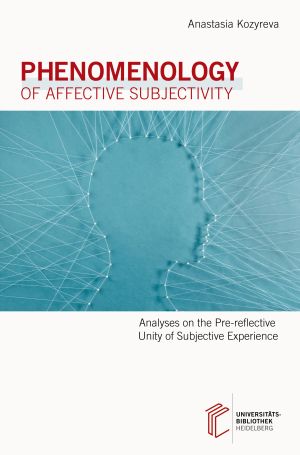
How to Cite
License

This work is licensed under a Creative Commons Attribution-ShareAlike 4.0 International License.
Identifiers
Published
Phenomenology of Affective Subjectivity
Analyses on the Pre-reflective Unity of Subjective Experience
As contemporary philosophy, psychology, and neuroscience take an increasing interest in the problems of consciousness and the nature of self-awareness, we are now witnessing a remarkable shift in the understanding of the very foundations of mind and subjectivity. From both the everyday and scientific points of view, it has become clear that subjectivity can no longer be regarded as a uniform kind of being, defined as cognitive, conscious, or mental, and that it cannot be understood as detached from its embodied and affective dimensions, its interaction with the world and other living beings. Given these changes, how can we understand what constitutes unity of subjective experience beyond the level of explicit cognition and self-reflection? What is it that makes up the unity of one’s life beyond narratives and autobiographical memory? In order to answer these questions, this book takes a phenomenological approach to the pre-reflective level of subjective experience and its connectivity. Drawing on Husserl’s analyses of passive syntheses as well as contemporary philosophical and psychological research, it investigates how affectivity contributes to the understanding of the unity of consciousness, of perceptual organization, memory, and the unconscious. Accordingly, the first part of the book questions the basic conditions responsible for the unified and coherent way in which subjective experience is organized. The second part addresses the unity constituted by associative and affective connectivity of consciousness. Finally, the third part explores the pre-reflective level of past experience and the affective dimension of memory.


